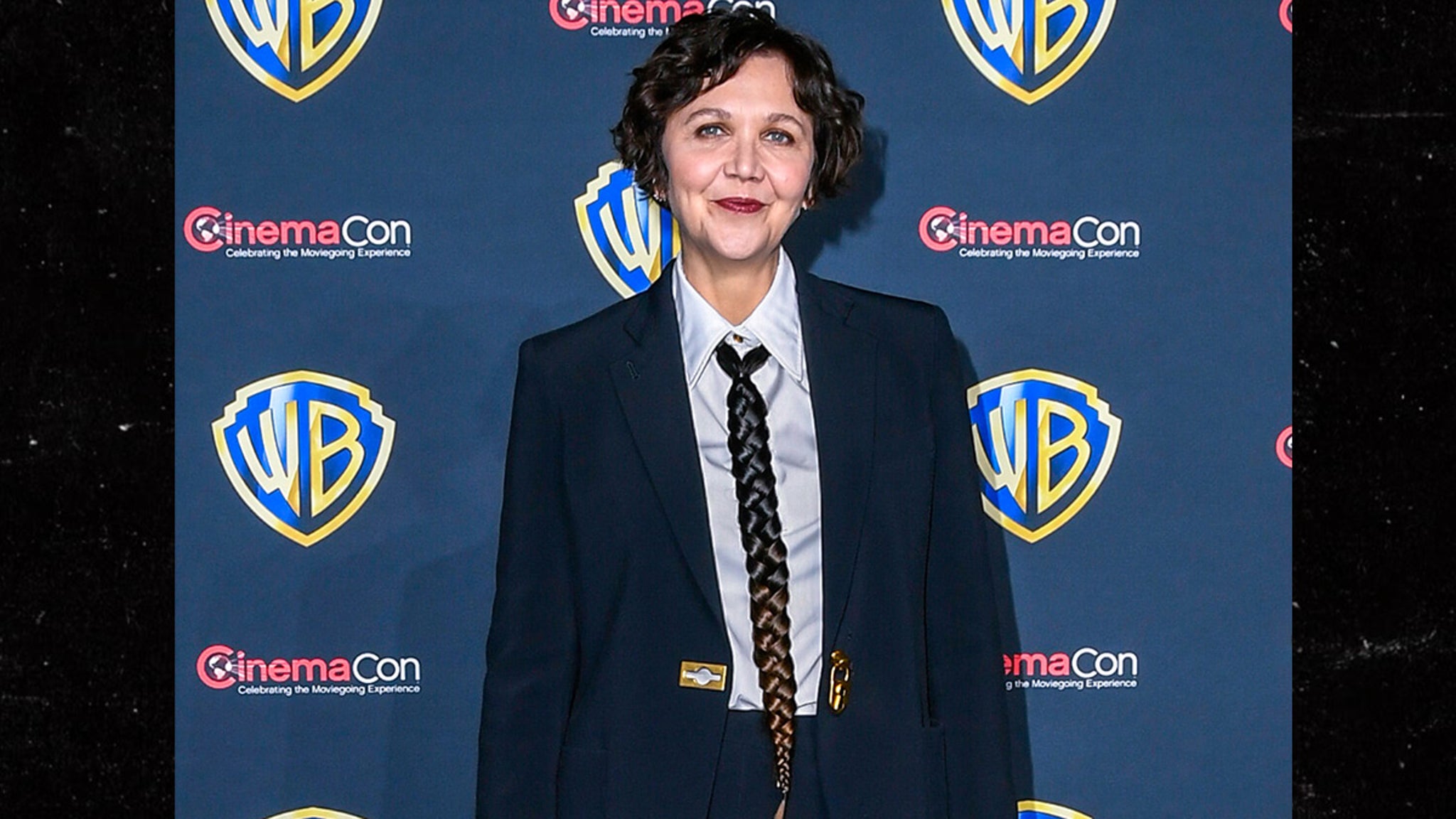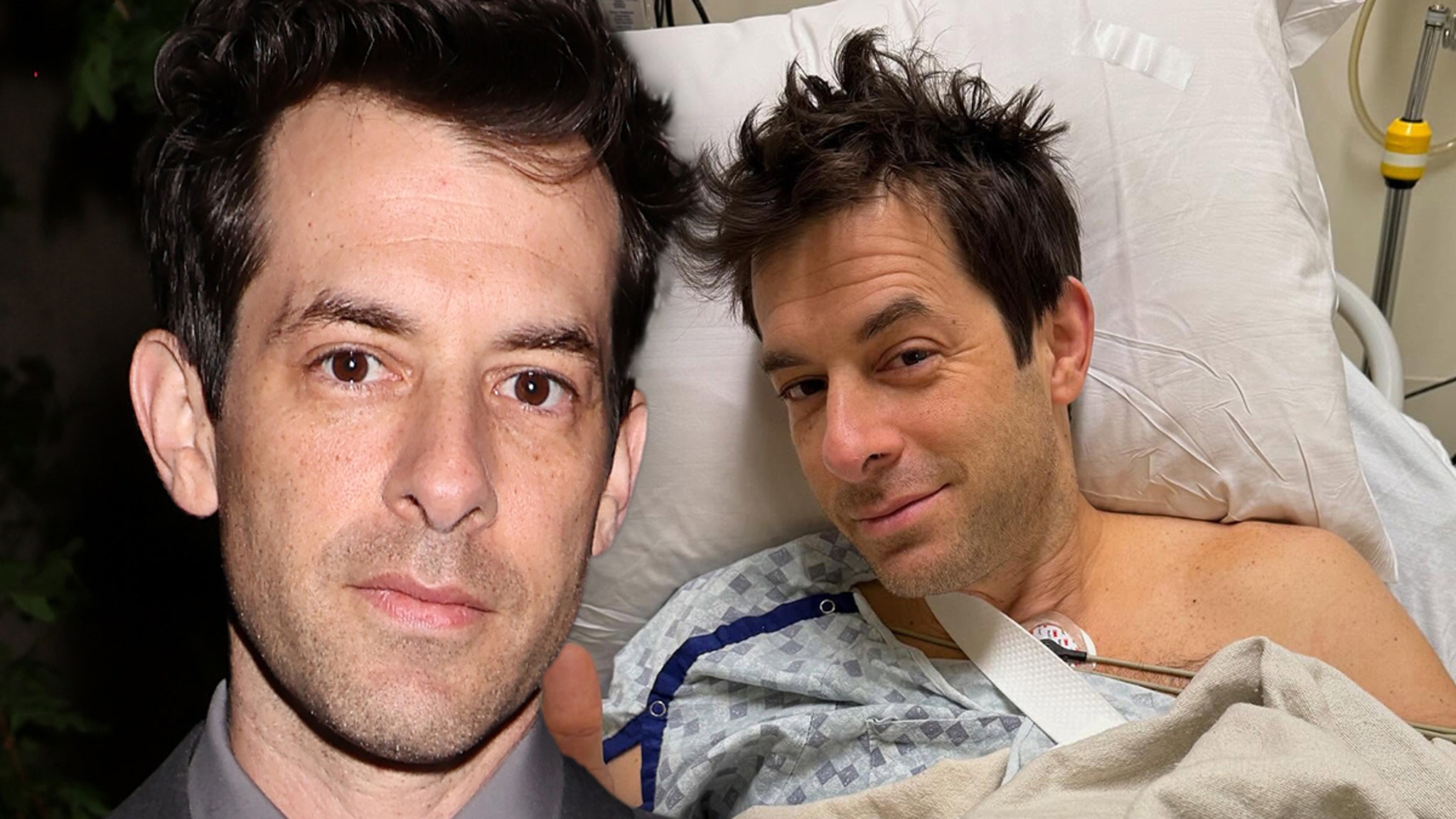Billboard Women in Music 2025
The creators of “Stranger Things: The First Shadow” went into the project with one goal top of mind: They wanted to make theater legitimately scary.
Listen to this week’s “Stagecraft” podcast below:
“Stephen said to me, ‘Have you ever been really frightened by something you’ve seen onstage?'” recalled Justin Martin, the co-director of “The First Shadow” with his frequent collaborator Stephen Daldry. “What we were looking for is a story that would really push us and test us with what our imaginations could do, in terms of something we’d never seen on stage before.”
With “Stranger Things: The First Shadow” now in previews on Broadway, Martin (“Prima Facie”) appeared on the new episode of “Stagecraft,” Variety‘s theater podcast, with Kate Trefry, who’s both a writer on the hit Netflix TV series that inspired the play and the playwright of “The First Shadow.” The idea was to find a way to deliver onstage all the thrills, chills, and emotions of an episode of “Stranger Things,” the Spielbergian, supernatural thriller now gearing up for the release of its fifth and final season.
“When Stephen and I spoke to Kate, and we said: ‘Don’t write a play. Write two episodes of the TV series [i.e., Act I and Act II] and don’t limit yourself. And so she delivered these episodes which were like so expansive —”
“And so expensive!” Trefry cut in with a laugh.
“But actually it really pushed us,” Martin continued. “She’d written the essence of the series into this story, which then really meant we had to find a translation onstage. How do we find a new way of giving that propulsive energy that the series gives you, where you’re getting snapshots of scenes with a cliffhanger? I always say that in the play, you’re getting two episodes from the series, but without the screen in the way.”
He added, “We do have a title sequence — and people go absolutely mental when it happens.”
RELATED CONTENT: ‘Stranger Things: The First Shadow’: How ‘The First Shadow’ Explains Vecna’s Origins and Sets Up the Final Season
In her duties on the TV series, Trefry was particularly connected to the play’s central character: “Vecna was my special, special baby in the writer’s room,” she said. On “Stagecraft,” she looked back on the process of developing the play while simultaneously writing the scripts for seasons four and five of the TV series.
“I think one of the reasons I was tapped to do the job is that the canon and the mythology of ‘Stranger Things’ is so complicated and specific,” she said. “We needed somebody who was really steeped in it, and who was up to date, minute to minute, as we were making choices for Season 5. The play is totally integrated into the series, so it had to agree with everything that came before but also agree with everything that’s to come in Season 5. And the only way to manage that — this crazy Tetris of storytelling — was to do it all simultaneously.”
In translating “Stranger Things” to the stage, “The First Shadow” employs elaborate tech effects and illusions to tell its supernatural tale. But sometimes in live theater, tech effects fail or go wrong. The show’s creators said their guiding principle was to make each moment in the show emotionally resonant enough that it still works even if the SFX goes wrong.
“The best illusions in the show are so simple,” Martin said. “Your brain tells you it’s much more complicated than what it actually is. So some of those effects are not things that can fail, because they’re just so simple. I love those because you get so many gasps from the most simple things.”
“Yeah, one of our biggest effects is essentially a pop-up book,” Trefry revealed (without giving away any specifics). “That’s how it works.”
Throughout their conversation, Martin and Trefry said they and their collaborators worked hard to hold on to the essence of “Stranger Things.”
“It’s not about nostalgia,” Trefry said. “It’s not about the ’80s. It’s not about any of that zeitgeisty stuff. It’s not even about Spielberg or anything like that. The core story of is, it’s these outsiders coming together, and their friendship being the saving force. The force of good.”
To hear the entire conversation, listen at the link above or download and subscribe to “Stagecraft” on podcast platforms including Apple Podcasts, Spotify and the Broadway Podcast Network. New episodes of “Stagecraft” are released every other week.

 By Variety | Created at 2025-04-01 23:34:20 | Updated at 2025-04-03 02:19:21
1 day ago
By Variety | Created at 2025-04-01 23:34:20 | Updated at 2025-04-03 02:19:21
1 day ago








